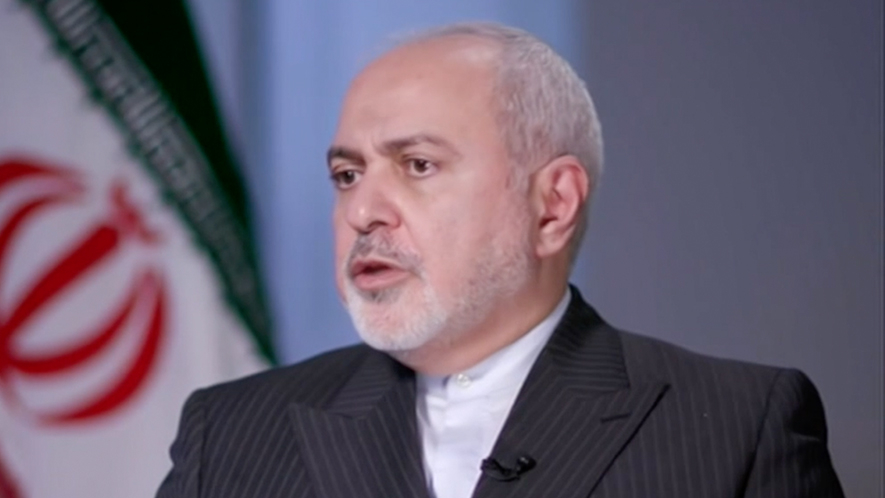03:27

The United States on Friday imposed another round of sanctions on Iran, including on its central bank and a development fund, following last week's attacks on oil facilities in Saudi Arabia that Riyadh and U.S. officials have blamed on Tehran.
Iran denies involvement in the attacks, which initially halved oil output from Saudi Arabia, the world's largest petroleum exporter. Yemen's Houthi movement has claimed responsibility.
This week, Iranian President Hassan Rouhani will present a plan for creating security in the Gulf, an initiative called 'Peace and Hope in Hormuz' when he attends the United Nations General Assembly in New York.
Amid heightened tension, Iranian Foreign Minister Mohammad Zarif sat down for an interview with CGTN.
Zarif cast doubt on how effective the new measures would be given that Iran has managed to stabilize its economy following earlier U.S. sanctions.
"The U.S. is running out of options," Zarif said. "The maximum sanctions do not work."
He said that the measures would only make future negotiations impossible.
"It makes it more difficult to remove the sanctions. They want to make the negotiations impossible... want to make a change impossible. It's very difficult for (President Trump) and his successor to remove," he said.
Zarif said that he will attend a meeting on Iran's nuclear program with other foreign ministers, plus the EU High Representative, this week, but the U.S. will be absent "by choice."
The foreign minister noted that the nuclear agreement, the JCPOA, is an international agreement, not a U.S.- Iran agreement.
The JCPOA, officially known as the Joint Comprehensive Plan of Action, was reached in July 2015 between Iran and the P5+1 — the United States, Britain, France, Russia, China plus Germany — together with the European Union.
"The agreement does not have to fall apart," he added.
Asked if Iran will continue to break another restriction on uranium enrichment, Zarif said that there is no international agreement that can be implemented unilaterally.
As for French President Emmanuel Macron's 15 billion-U.S. dollar letter of credit, Zarif said that the "commitment of the EU" was that "we could continue to sell out oil to repatriate the money."
France has reportedly offered to extend a 15 billion-dollar letter of credit to Iran in exchange for the Islamic republic's compliance with the nuclear deal. The 15 billion-dollar package would make up for about half of Iran's annual oil sales and ease some of the economic pressure on it, according to The New York Times, which cited a U.S. official and Iranian reports.